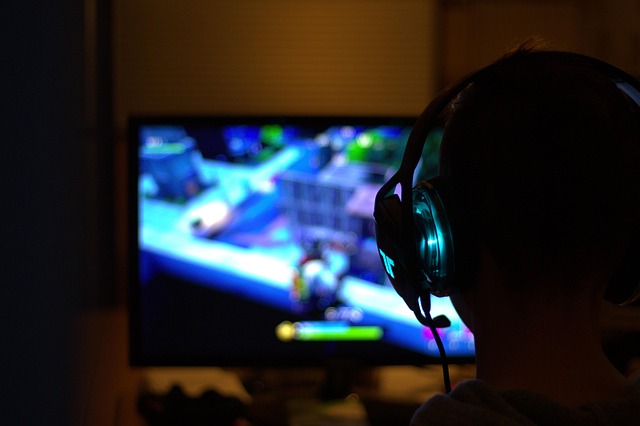Indie Game Preservation: Saving Digital Art for Future Generations
The digital revolution has transformed the gaming landscape, giving rise to a thriving indie game scene that pushes creative boundaries and challenges industry norms. As these innovative titles captivate players worldwide, a pressing question emerges: How can we ensure these digital masterpieces are preserved for future generations to experience and study?

Preservation Efforts in the Indie Scene
Recognizing the cultural significance of indie games, various organizations and individuals have taken up the mantle of preservation. The Internet Archive’s efforts to emulate classic games online have expanded to include indie titles, while initiatives like the Video Game History Foundation work to document and preserve gaming history, including the often-overlooked indie sector.
Legal Hurdles and Digital Rights Management
One of the most significant obstacles to indie game preservation is the complex web of copyright laws and digital rights management (DRM) systems. Many indie developers lack the resources to maintain their games long-term, and restrictive DRM can make it challenging to access and preserve these titles even when creators are willing to cooperate.
Community-Driven Preservation
The passionate indie gaming community has become a crucial force in preservation efforts. Fan-made patches, mods, and emulators often keep games playable long after official support ends. However, these grassroots efforts exist in a legal gray area, highlighting the need for clearer guidelines and cooperation between developers, publishers, and preservationists.
The Future of Indie Game Preservation
As awareness grows about the importance of preserving indie games, new strategies are emerging. Some developers are open-sourcing their games after a certain period, while others are partnering with museums and educational institutions to ensure their work remains accessible. The challenge lies in finding sustainable models that balance preservation needs with creators’ rights and the realities of the digital marketplace.
Conclusion
The preservation of indie games is not just about nostalgia; it’s about protecting an essential part of our cultural heritage. As the gaming industry continues to evolve, ensuring that groundbreaking indie titles remain playable and studyable will be crucial for understanding the medium’s history and inspiring future generations of game creators.






